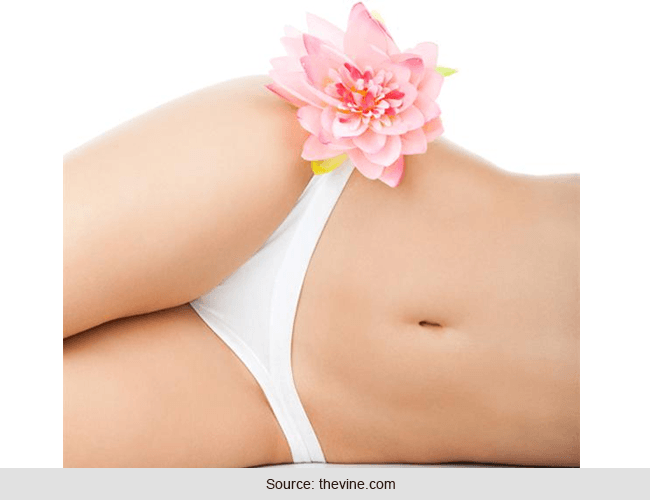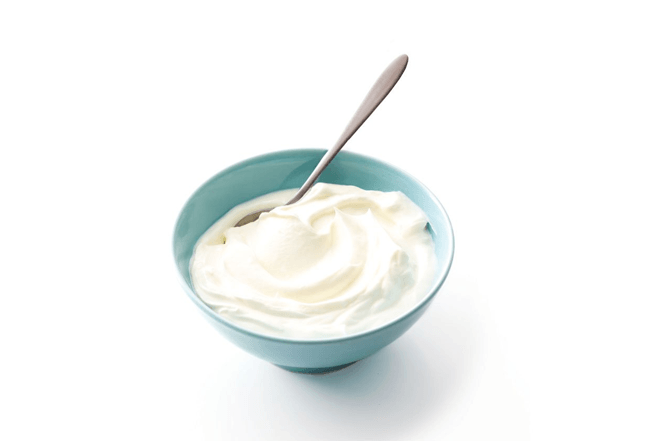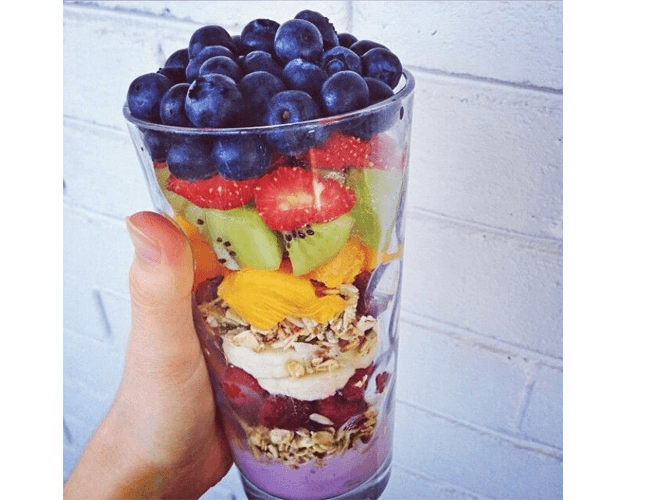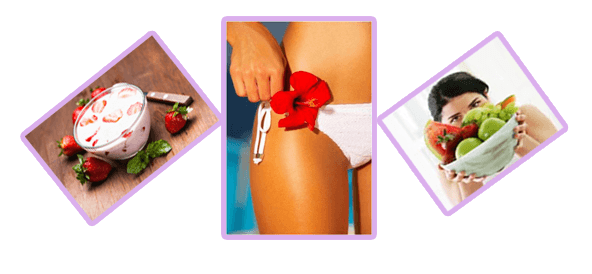
When the Candida albicans fungus found in the vagina increases in number, it leads to a yeast infection. Symptoms include abnormal vaginal discharge, painful urination, itching and burning of the vagina, and redness and swelling of the vulva.
A vaginal yeast infection can be quite a hindrance, messing with your lifestyle and even affecting your social life, if you feel overly conscious about it. So let us go by the saying “Prevention is better than cure” and look at the ways in which to prevent vaginal yeast infection.
[Also Read: Home Remedies For Bacterial Vaginosis]
Let’s look at how to avoid vaginal yeast infections.
1. Wear Cotton Underwear
It is crucial to wear breathable underwear that allows for moisture and dampness to evaporate. Wearing nylon or lycra just makes your vaginal area sweat a lot and become a breeding ground for yeast to fester and develop.
[Also Read: How To Do Vaginal Facial]
2. Wear Loose Clothing
Avoid wearing pants that are too tight. Wear comfortable clothing that does not cut off air circulation. You want your vaginal area to feel airy and comfortable, not confined and restricted. At home, avoid wearing thick denim shorts or pants and opt for loose cotton shorts or pants instead.
3. Replace Your Sanitary Napkins Regularly
Never leave your tampon or pad on for too long as it is highly unhygienic. When you’re menstruating, change your pads or tampons every few hours. Again the point is to not let the dampness encourage yeast growth. Yeast thrives on warm, moist conditions. So keep your vaginal area clean and dry at all times to prevent yeast growth.
4. Avoid Using Scented Products in Your Vaginal Area
Do not use scented tampons or sanitary pads. The scents may upset the natural balance of good bacteria in the vaginal area and make you more prone to yeast and other infections. Simply put, do not use any product that has a strong scent in your vaginal area. Also, if you are using a vaginal lubricant, make sure it’s a water-based one and not a petroleum-based one.
5. Have a Cup of Yogurt Daily
Make it a habit to have a cup of yogurt every day. The active cultures in the yogurt help the good bacteria control the yeast, thereby reducing the chances of a yeast infection.

Source: condenast.com
6. Avoid Hot Baths and Showers
As mentioned earlier, yeast loves warm, moist conditions. So even though a hot shower might feel great after a hard day at work, you do not want to risk enabling yeast growth by indulging in hot baths and showers. And always make it a point to change out of wet swimsuits and sweaty workout wear immediately.
7. Stay Stress-Free and Get Enough Sleep
Like any other ailment, an infection is more likely to occur if you’re stressed. So make an effort to be relaxed and make it a point to get ample sleep. When you’re sleep deprived, your immune system is not at its best. So get enough sleep to get your immune system up and running. Know which foods to avoid before going to bed.

Source: isafyi.com
8. Eat Right
Your body will fight and guard you against infections effectively if you follow a balanced diet. Eat healthy, wholesome food and avoid indulging in too many sweet foods. The point is to give your body nutritional food and not trigger the infection with a high intake of unhealthy food.

Source: pinimg.com
9. Do Not Over Clean Your Vaginal Area
While it may seem logical to wash and clean your vaginal area to keep yeast infections at bay, the fact is that over-cleaning your intimate area may actually lead to a yeast infection. Using a harsh soap can actually strip your vagina of its good bacteria that help prevent yeast infections. So only use a very mild feminine hygiene product around your vaginal area, and make sure you do not use it too often.
[Also Read: Home Remedies For Vaginal Itching]
Hope you found this article on how to prevent vaginal yeast infections helpful. Share your feedback with us.
